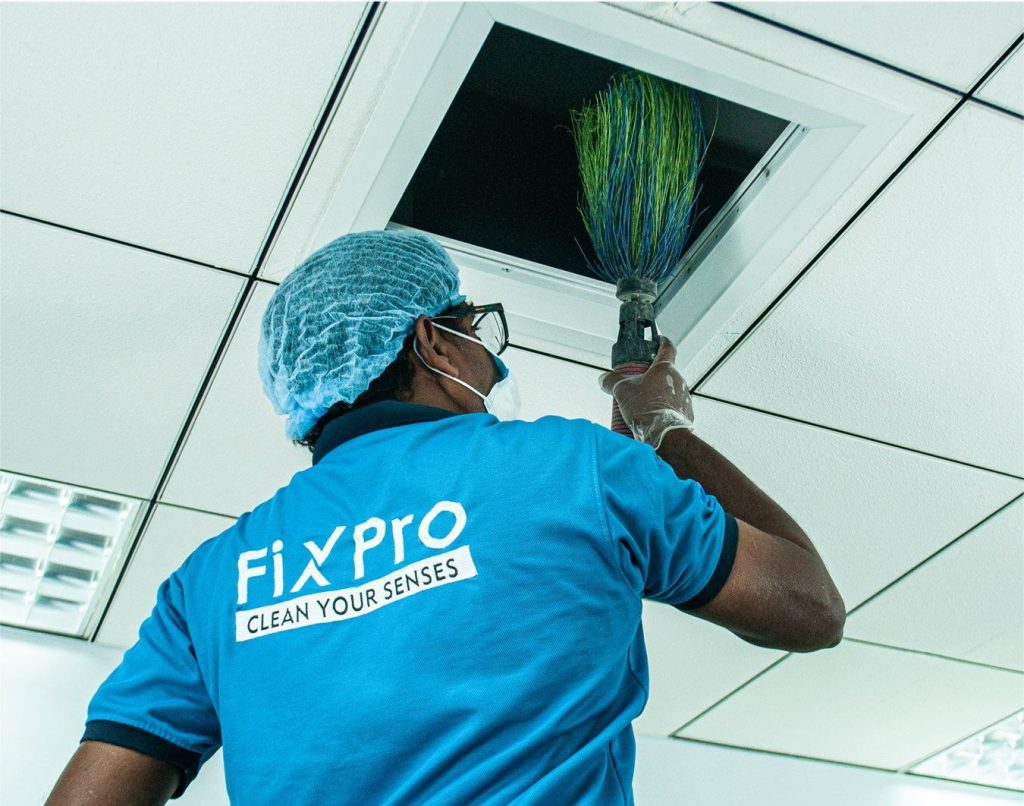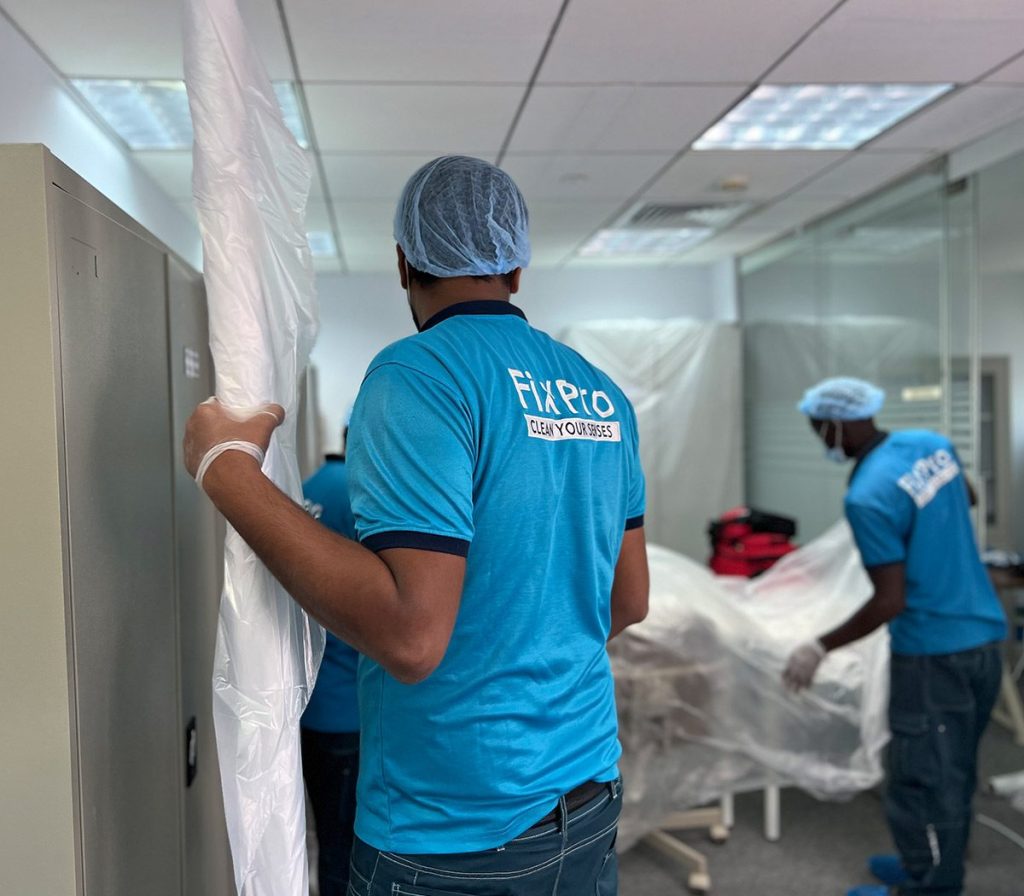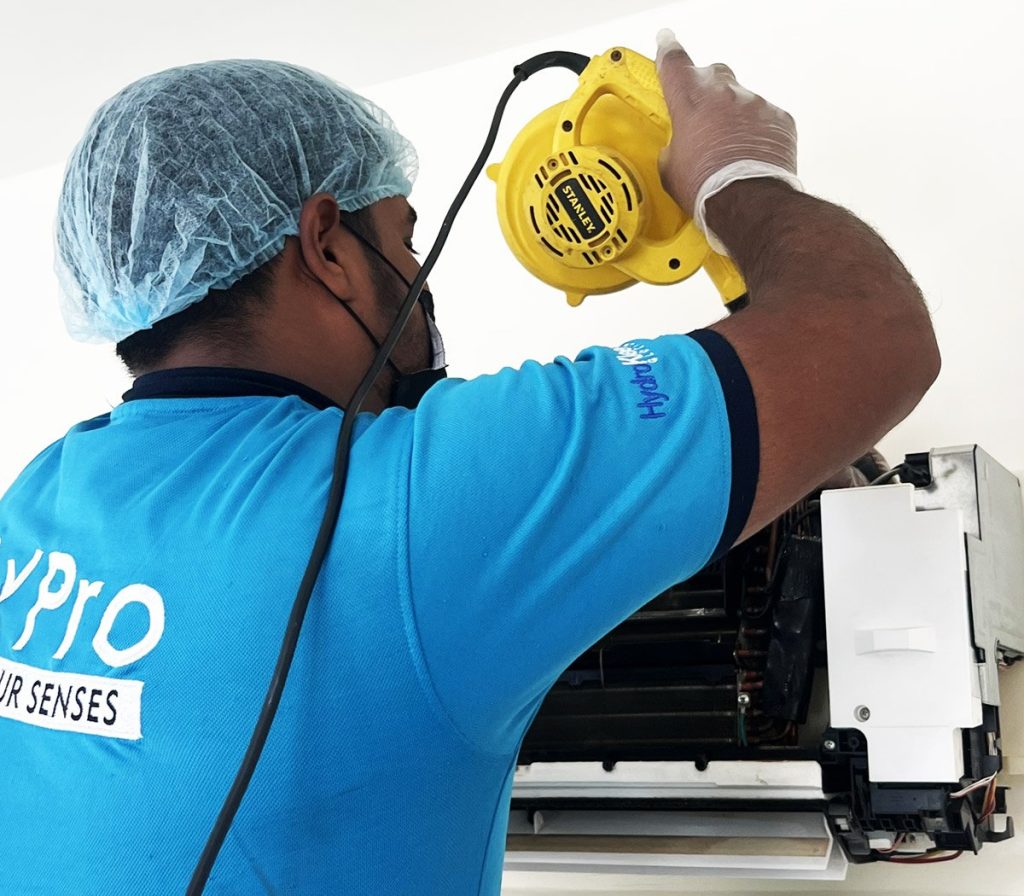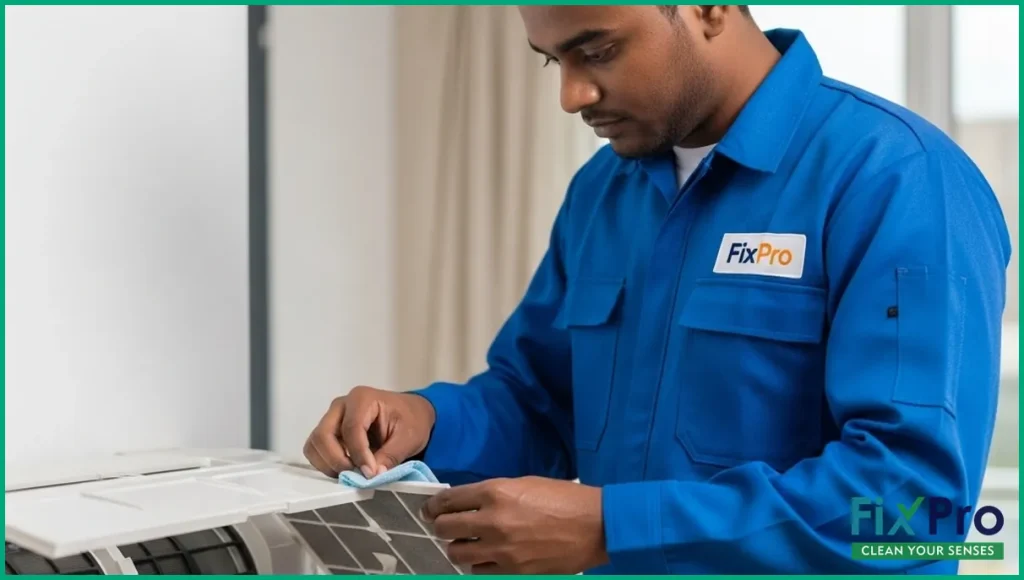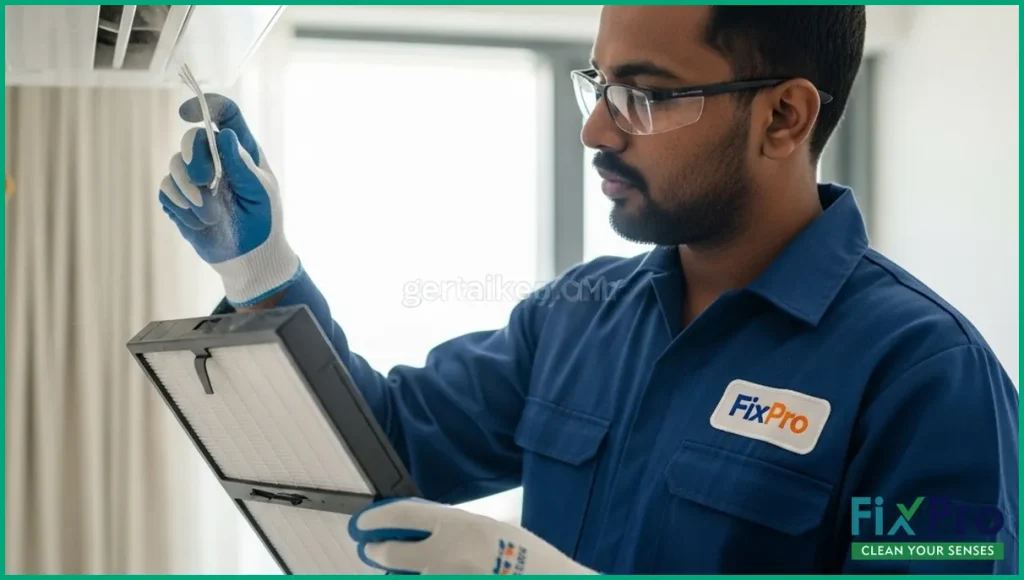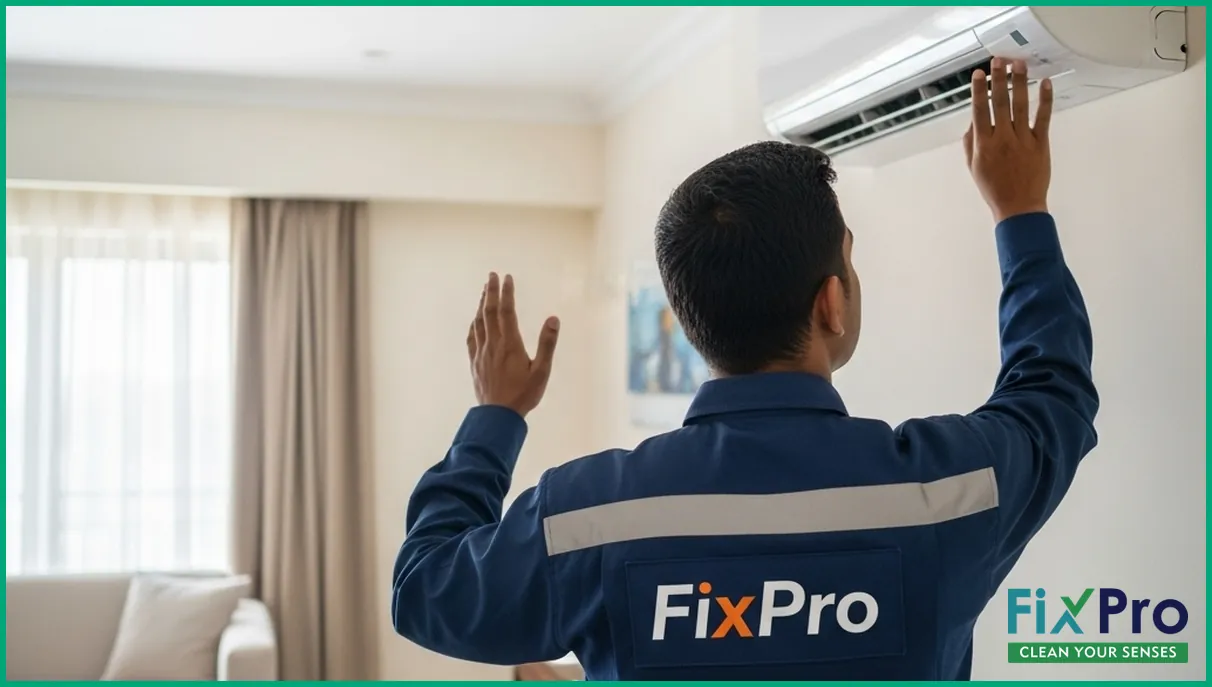
Understanding MEP: What’s Behind the Walls?
MEP covers the core systems that keep your home liveable: air conditioning, ventilation, electrical wiring, and plumbing. In the UAE’s climate, these systems work hard year-round. Neglecting them can lead to higher bills, discomfort, or even safety risks. Even if your home is newly built, sand and humidity can accelerate wear on MEP components.
- Mechanical: AC units, fans, pumps, ventilation systems, and thermostats
- Electrical: Lighting, sockets, circuit breakers, surge protectors, and backup generators
- Plumbing: Pipes, water heaters, drainage, water pumps, and filtration systems
For villa owners, mechanical systems may also include swimming pool pumps and garden irrigation. Apartment dwellers should pay extra attention to shared building systems and coordinate with building management for regular checks.
Why MEP Maintenance Matters in UAE Homes
The UAE’s heat and humidity put extra stress on home systems. Dust, sand, and moisture can clog filters, corrode wires, and block pipes. Timely maintenance keeps everything running smoothly, saves money, and reduces the risk of sudden breakdowns. For example, sandstorms can quickly fill AC filters and vents, while high humidity can accelerate electrical corrosion.
During the summer, AC units often run 24/7, making regular filter cleaning and refrigerant checks essential. In coastal areas like Dubai Marina or Abu Dhabi’s Corniche, salty air can accelerate rust and mineral buildup, so more frequent inspections may be needed. For homes with smart systems, software updates and sensor calibration are also part of good MEP care.
8 Signs You Need MEP Maintenance Service for Your Home
-
Unusual Noises from AC or Plumbing
Banging, rattling, or whistling noises from your air conditioner or pipes often signal loose parts, blockages, or wear. If you hear anything out of the ordinary, it’s time to get a professional opinion. For AC units, listen for grinding or squealing—these may mean worn belts or bearings. In plumbing, gurgling sounds often point to partial clogs or air in the pipes.
Prep Tip: Before calling a technician, note when the noise occurs (e.g., during AC startup or when using certain taps) to help pinpoint the issue faster.
-
Frequent Circuit Breaker Trips
If your circuit breakers trip often, it could mean overloaded circuits, faulty wiring, or failing appliances. Don’t ignore it—electrical issues can be dangerous if left unchecked. In older villas, outdated wiring may struggle to handle modern appliances, leading to repeated trips.
Example: If plugging in a new appliance causes a trip, try using a different socket. If the problem persists, avoid DIY fixes—call a licensed electrician.
Safety Prep: Always keep a flashlight handy near your breaker panel for safe access during outages.
-
Weak Airflow or Hot Spots
If some rooms feel stuffy while others are cool, your AC ducts or vents may be blocked or leaking. This is a common sign that you may need AC duct cleaning or system balancing. In multi-story homes, upper floors often get warmer due to rising heat, making proper airflow even more important.
Prep Tip: Check if furniture or curtains are blocking vents. Remove obstructions and see if airflow improves before calling for service.
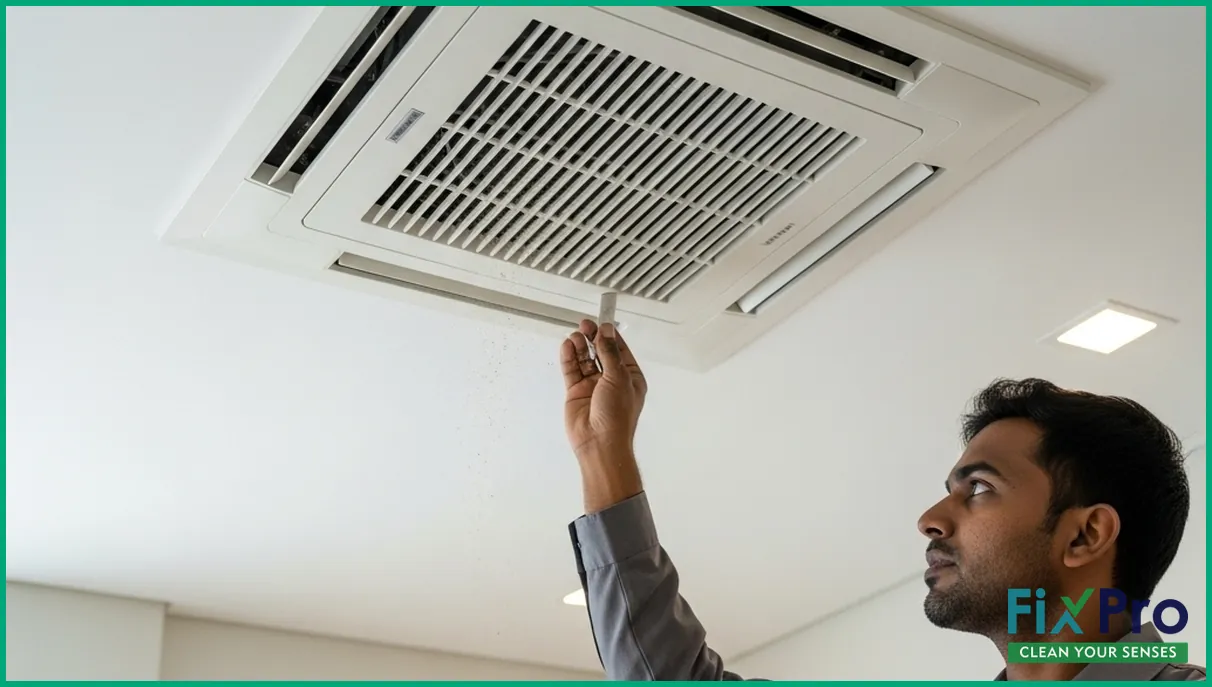
Blocked or dirty vents can reduce airflow and indoor air quality. Regional Note: In desert areas, dust buildup is more rapid—monthly vent checks are recommended.
-
Water Leaks or Damp Spots
Leaks under sinks, around water heaters, or near AC units can lead to mold and structural damage. Even small damp patches should be checked by a plumber or MEP technician. In apartments, leaks can sometimes originate from neighboring units above, so notify building management if you see water stains on ceilings.
Damp spots may indicate hidden plumbing or AC drain issues.Step-by-Step: To prep for a plumber’s visit, clear items from under sinks and around affected areas. Take photos of damp spots to track changes over time.
Troubleshooting: If you notice water pooling near your AC, check if the drain pan is overflowing or if the drain line is clogged—both are common in humid UAE summers.
-
Unusual Odours from Vents or Drains
Musty or burning smells from your vents or drains often point to mold, clogged filters, or electrical faults. If you notice persistent odours, it’s best to call for inspection. A rotten egg smell may indicate a gas leak—leave the area immediately and call emergency services.
Prep Tip: Run water in seldom-used drains weekly to prevent sewer gases from entering your home. For AC, replace or clean filters monthly, especially during peak season.
Serving Suggestion: After maintenance, use natural deodorizers like baking soda or activated charcoal to keep indoor air fresh.
-
Sudden Spikes in Utility Bills
If your water or electricity bills jump unexpectedly, your systems may be working harder than they should. This could be due to leaks, faulty thermostats, or inefficient appliances. Compare your usage to previous months and check for running toilets, dripping taps, or ACs that never cycle off.
A sudden bill increase can signal hidden leaks or inefficient systems.Step-by-Step: Turn off all appliances and check your water or electricity meter. If it still moves, you likely have a leak or phantom load.
Pairing Idea: Combine bill monitoring with a home energy audit for a comprehensive efficiency check.
-
Slow Drains or Backups
Water draining slowly from sinks or showers, or frequent toilet backups, are signs of a clog or blockage. Professional maintenance can prevent bigger plumbing problems down the line. In villas, tree roots can invade underground pipes, while in apartments, grease or hair buildup is common.
Troubleshooting: Try using a plunger or a simple drain snake for minor clogs. Avoid chemical drain cleaners, as they can damage pipes over time. If problems persist, call a plumber.
Prep Tip: Place strainers over drains to catch hair and debris, and flush drains monthly with hot water and baking soda.
-
Visible Corrosion or Rust
Rusty pipes, discoloured fittings, or corroded electrical panels should never be ignored. These signs mean your systems are aging or exposed to moisture, and they need prompt attention. In coastal UAE regions, salt air accelerates corrosion, so stainless steel fittings may be preferable.
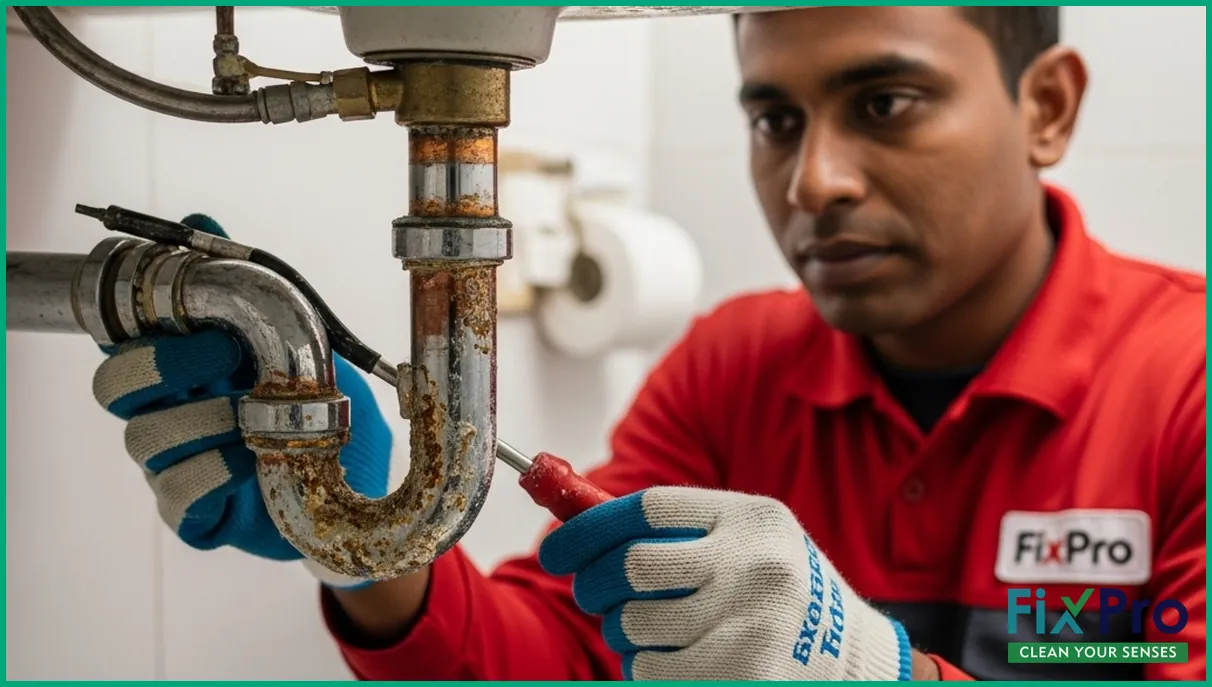
Corrosion on pipes can lead to leaks and water quality issues. Step-by-Step: Check under sinks, around water heaters, and at outdoor taps for signs of rust. If you spot greenish or bluish stains on copper pipes, it may indicate a slow leak or mineral buildup.
Serving Suggestion: After repairs, consider installing water softeners or anti-corrosion devices to extend pipe life.
Comparison: Preventive vs. Emergency MEP Maintenance
Not all maintenance is the same. Here’s how regular check-ups stack up against waiting for a problem to strike:
| Preventive Maintenance | Emergency Repairs |
|---|---|
| Planned inspections and cleaning | Unplanned, urgent call-outs |
| Lower long-term costs | Higher immediate expenses |
| Reduces risk of breakdowns | Fixes only existing issues |
| Improves system efficiency | May result in temporary fixes |
| Allows you to schedule at your convenience | Often happens at inconvenient times (nights, weekends) |
| Includes seasonal system adjustments (e.g., AC prep before summer) | No time for optimization, just urgent fixes |
Serving Suggestion: Pair preventive maintenance with annual home deep cleaning for a fresh start each season.
Regional Variant: In the UAE, schedule preventive AC maintenance before Ramadan or major holidays to ensure comfort for guests.
What to Expect During a Professional MEP Maintenance Service
A qualified technician will inspect your AC, electrical panel, and plumbing for signs of wear, leaks, and safety hazards. They may clean ducts, check wiring, test water pressure, and recommend repairs. Services like MEP services and HVAC maintenance can keep your systems running efficiently all year.
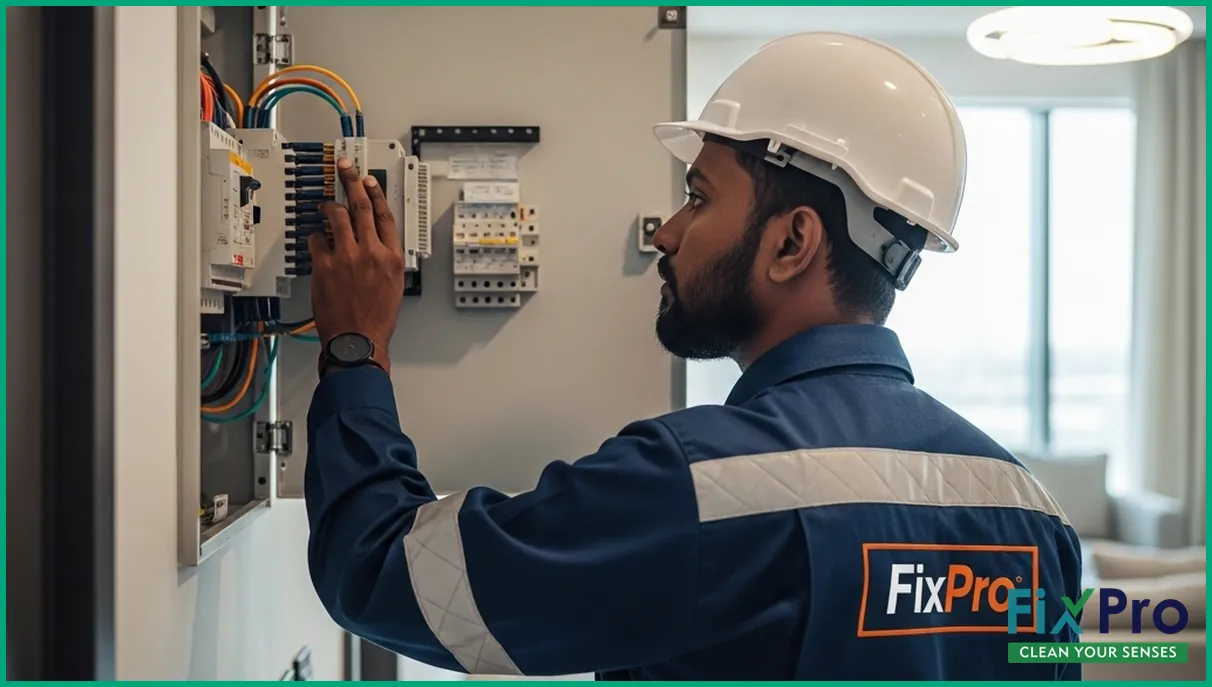
Step-by-Step Prep: Before the technician arrives, clear access to AC units, electrical panels, and under-sink plumbing. Keep pets and children away from work areas. Make a list of any issues you’ve noticed, including when they occur and any recent changes in your home (like renovations or new appliances).
Serving Suggestion: After a maintenance visit, open windows briefly to air out any dust or odours released during cleaning.
Troubleshooting: If issues persist after a service, keep your invoice and contact the provider for follow-up—many offer short-term warranties on their work.
FAQs About MEP Maintenance in UAE Homes
How often should I schedule MEP maintenance?
Most UAE homes benefit from yearly check-ups. Some systems, like AC, may need biannual attention. For homes near the coast or in dusty areas, quarterly filter cleaning may be wise. If you have a large villa or frequent guests, consider more frequent checks for high-use systems.
Is kitchen exhaust cleaning part of MEP maintenance?
Yes, cleaning your kitchen exhaust is important for fire safety and air quality. Many providers offer kitchen exhaust cleaning as part of their service. For best results, pair exhaust cleaning with a full kitchen deep clean and replace filters regularly.
Can I do MEP maintenance myself?
You can handle basic tasks like filter changes, but complex repairs need professionals for safety. For example, you can flush drains with baking soda or vacuum AC filters, but electrical panel work and pipe repairs should be left to certified technicians.
What’s included in a typical MEP service?
Inspections, cleaning, testing, and minor repairs for AC, electrical, and plumbing systems are usually included. Some providers also check water quality, calibrate thermostats, and test smoke or gas detectors. Ask for a checklist before booking.
Does MEP maintenance help with allergies?
Yes, clean ducts and filters reduce dust and allergens inside your home. In addition, regular plumbing checks can prevent mold growth, and electrical maintenance can reduce ozone from faulty wiring.
Should I turn off appliances before maintenance?
Yes, switch off and unplug major appliances before scheduled maintenance. This protects both your equipment and the technician. For AC servicing, turn off the unit at the thermostat and the main switch.
What are common regional challenges for MEP in the UAE?
Sandstorms, high humidity, and saline air are unique to the region and accelerate wear on MEP systems. Homes near the coast require more frequent anti-corrosion checks, while desert villas need extra dust protection and filtration.
Next Steps: Protect Your Home’s Comfort and Safety
If you’ve spotted any of these eight warning signs, now’s the time to book a professional check-up. A reliable provider like fixpro can help you address hidden issues before they escalate. For details on what’s included, explore their MEP services page.
Serving Suggestion: After your next MEP service, treat your family to a fresh-baked loaf of bread or a cozy meal—comfort is best enjoyed in a well-maintained home.
